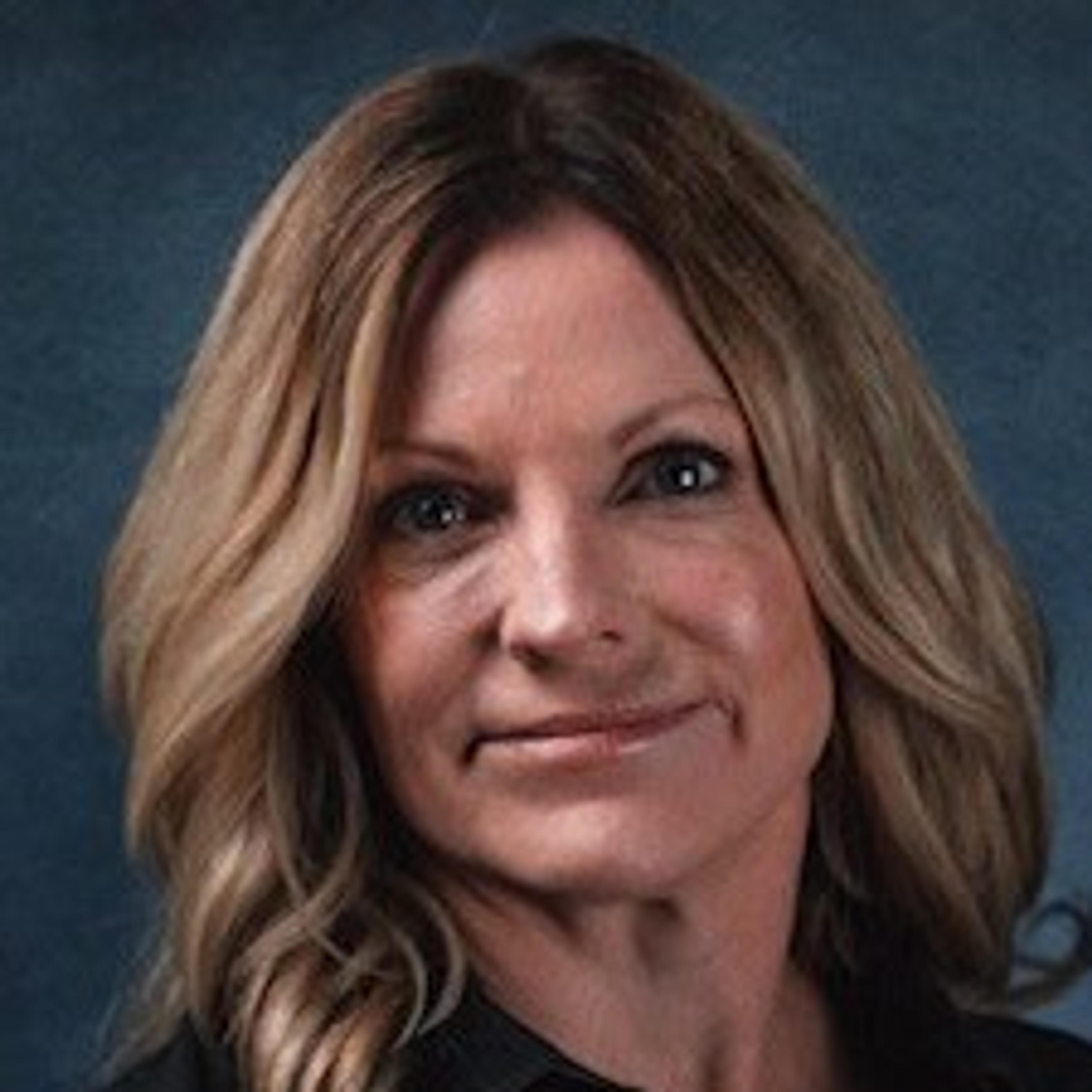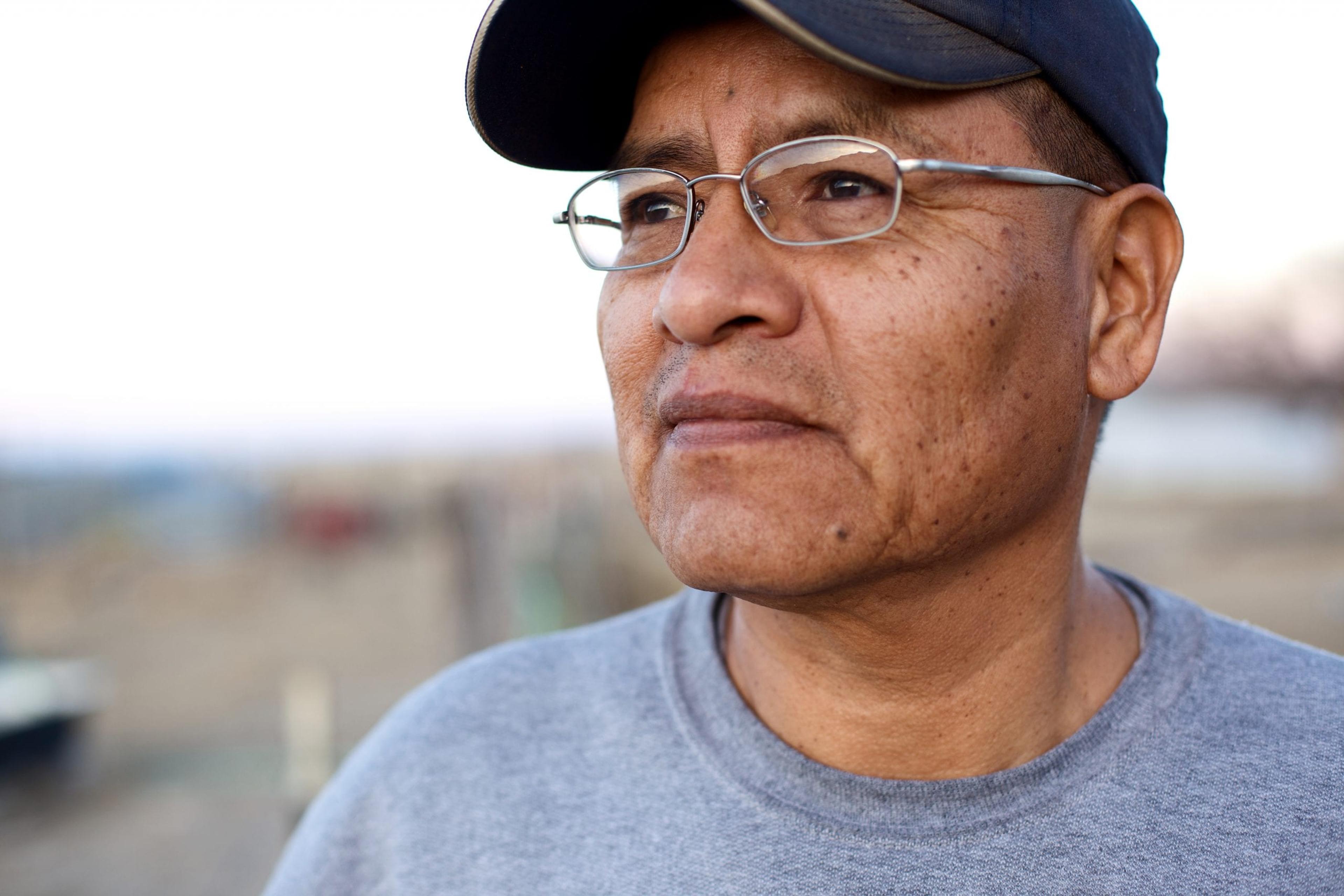Mental Health Disparities by Race

Dr. Kristyn Gregory, D.O.
| 3 min read
Dr Kristyn Gregory, D.O., is a former medical director at Blue Cross Blue Shield of Michigan. Dr. Gregory is a native Michigander and a graduate of medical school at Midwestern University in Chicago. She completed her adult psychiatry residency at Henry Ford Detroit Michigan, and child and adolescent psychiatry fellowship at Wayne State University. She is a diplomate of the American Board of Psychiatry and Neurology.

Every year, approximately 43.8 million American adults suffer from some form of mental illness. There are many types of mental illnesses that a person may suffer from such as depression, schizophrenia or anxiety. Even though mental illness affects all ages and races, certain racial groups may be disproportionately affected.
Understanding Mental Health
While there isn’t a universally accepted definition for the term mental health, a general definition refers to mental health as a condition that relates to a person’s psychological and emotional well-being. Certain social determinants of health can play a big role in mental health disparities, as outlined here:
- African-Americans: African Americans frequently receive poorer quality of care and lack access to culturally competent care. According to the American Psychiatric Association, only one in three African Americans who need mental health care receive it. In comparison to the white population, African Americans are less likely to receive evidence-based care and are more likely to visit emergency rooms or primary care doctors instead of receiving help from mental health specialists.
- American Indian/Alaska Natives: American Indians and Alaskan Natives experience rates of serious psychological distress 1.5 times greater than the general population. Native Americans also consume and abuse drugs and alcohol at younger ages than all other groups.
- Asian American/Pacific Islanders: Unfortunately, mental health problems in the Asian American/Pacific Islander community are disturbingly high. Asian American women age 65 or older have the highest suicide rate in the country compared to other women of different ethnicities. Along with a high suicide rate, Asian Americans/Pacific Islanders have the lowest rates of mental health services among U.S populations.
- Hispanic and Latino Americans: The most common theme within each race is the lack of mental health service availability. Approximately 1 in 10 Hispanic Americans with a mental health disorder use mental health services from a general health care provider, while only 1 in 20 receive these services from a mental health specialist. Another barrier Hispanic/Latino Americans face is a language barrier. Several studies have found that bilingual patients are evaluated differently when interviewed in English opposed to Spanish.
Mental health is important regardless of race, and there are so many ways to receive help. If you or someone you know is suffering from mental health issues, help is available. Blue Cross Blue Shield of Michigan and Blue Care Network can help members find an in-network mental health professional by calling behavioral health access lines listed below:
PPO: Behavioral Health Access Line | 1-800-762-2382
- A free and confidential resource that’s just a call away when you need immediate support. Behavioral health professionals answer, 24/7.
HMO: Behavioral Health Access Line | 1-800-482-5982
- Connect with a behavioral health clinician if you need help finding a mental health or substance use provider.
- Behavioral health clinicians are available for routine assistance from 8 a.m. to 5 p.m., Monday through Friday. For urgent concerns after hours, clinicians are also available 24 hours a day, seven days a week.
Learn more about mental health and options you have as a member to seek help at bcbsm.com/mentalhealth. If you found this post helpful, you might also want to read:
- Blue Cross Works to Address Health Care Disparities
- Why Black Men Need to Talk About Prostate Cancer Sooner
- How Heart Disease Disproportionately Affects Different Races
Photo credit: eyecrave





